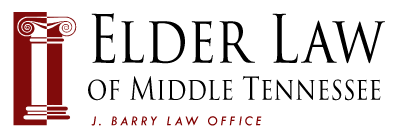In the past estate planning has focused on what happens when we die and financially devastating circumstances associated with death. However, most of us need an estate plan that is flexible. The plan should include what happens if we get sick and die as well as what happens if we get sick and don’t die. This plan should respond to different stages in our lives and the issues and challenges that the stages may present.
The Young Family Estate Planning Stage
This early family stage ranges in age from 20 to 40 when we have new careers, young families, and a home. The plan may include a life insurance policy for financial security and naming guardians for our children in case we die suddenly. Since the estate may not be as large at this age, taxes and transfer of wealth are not as critical.
The Mature Family Estate Planning Stage
The mature family estate planning is usually between 40 and 60 years of age when our family has matured, and we are achieving financial success. This stage focuses more on minimizing estate taxes. There may be a second marriage with children from different families. Sometimes there are concerns about the children and their divorces or debt. There is also concern about what will happen to our family and estate if there is a sudden death.
The Senior Estate Planning Stage
This stage begins about age 60s – 80s. Here we address what happens if we die, but we also need to address what happens if we get sick and don’t die. This can be even more devastating for the family. Big questions are: How to keep from out living our income and savings? We should also address the possibility of complete incapacity. What if giving that care is killing our spouse, ruining our children’s marriages, or financially devastating our family? These are very difficult questions, and many people do not want to discuss them. However, it is even more difficult if the topic is not addressed, and they need Elder Crisis Estate Planning.
The Elder Crisis Estate Planning Stage
This is minimum planning compared to our earlier planning stages. It involves planning how to provide and pay for long-term care. It may also involve depression, dementia, and loss of health and independence. Traditional long-term care will not be an option. It may also be too late for powers of attorney, wills, and trusts. The Senior Estate Plan is more than estate planning documents and what happens when someone dies.
We Can Help
The good news is that you have options, and more options are available to you the earlier that you start your planning. Please let us help you to evaluate your individual needs and develop a plan that will give you peace of mind for whatever comes your way.
For more information, contact our Lebanon, TN office at 615-444-3568 and schedule your appointment today.

